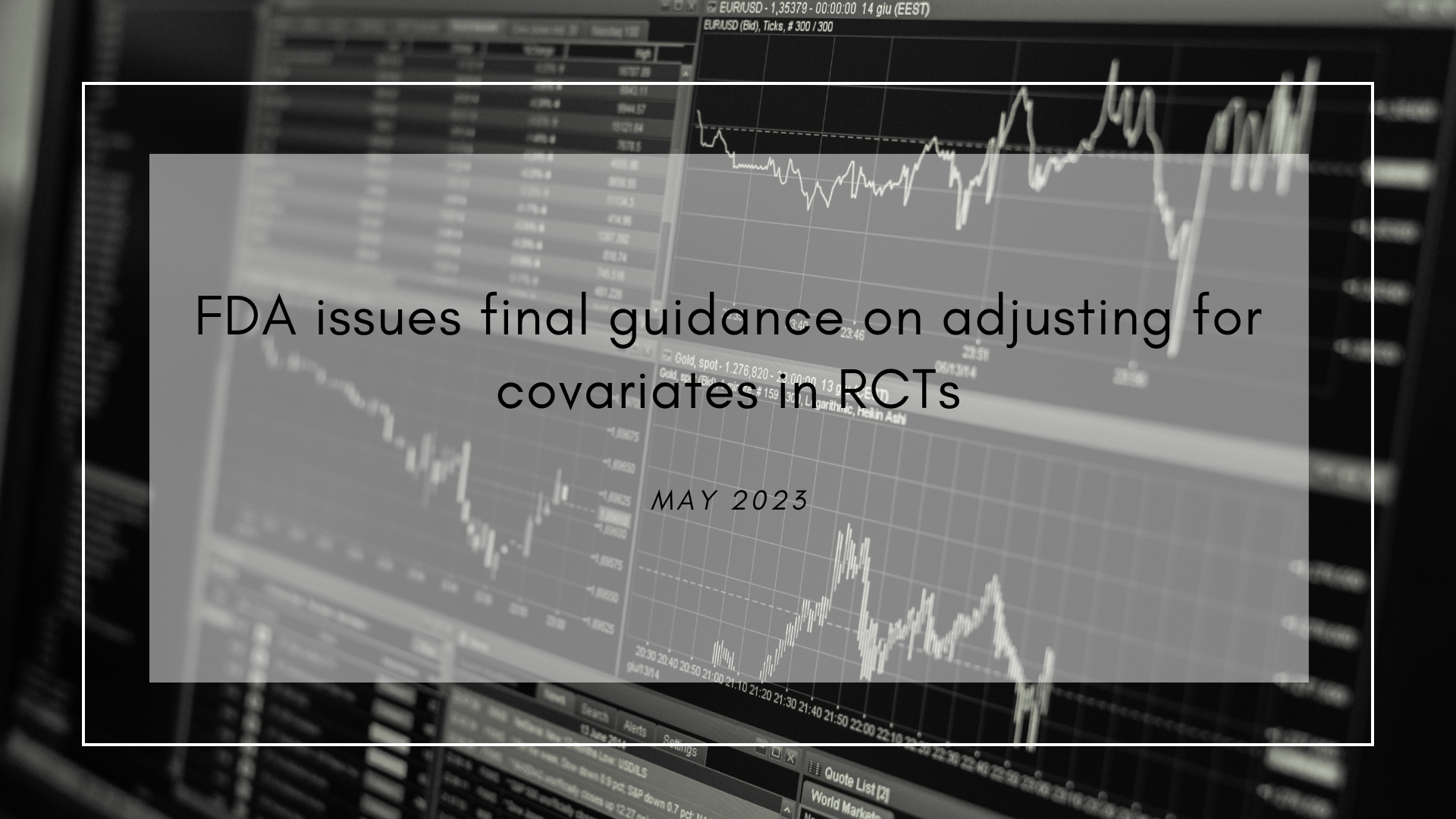The FDA released its final guidance regarding the use of covariates to improve the precision of statistical analyses in clinical trials on 26 May 2023. It is a major step forward in the statistical analysis of clinical trial data. Recognizing that nearly a decade ago, the publication of the EMA guide initiated the movement, the FDA has crystallized the concept with the current guidance.
Topic: Placebell©™
Placebo-controlled clinical trials are the gold standard in drug development, in part to ensure that the efficacy of a new therapy exceeds the placebo response in the indication being studied. The placebo response is a measured improvement in clinical signs or symptoms that occurs in patients receiving a sham (or “dummy”) treatment. The placebo response is a
While significant placebo responses rates are often noted in clinical trials for indications like pain and depression, this issue can plague drug development in any therapeutic area – particularly in diseases that rely on subjective or patient-reported outcomes as primary efficacy endpoints. Quality of life (QoL) endpoints, for example, are often used to measure therapeutic efficacy in oncology clinical trials – but also in diseases like schizophrenia, pain, heart failure, inflammatory bowel disease (IBD), allergy and pruritus.






